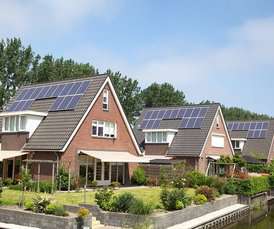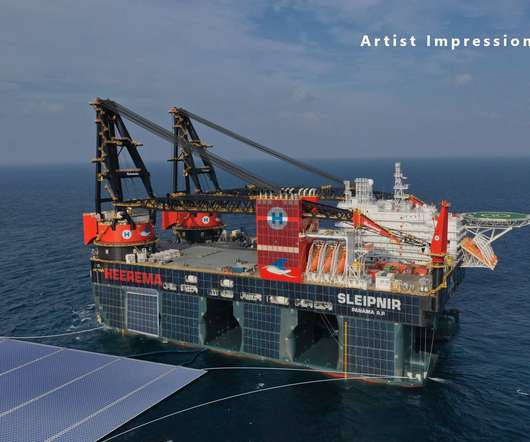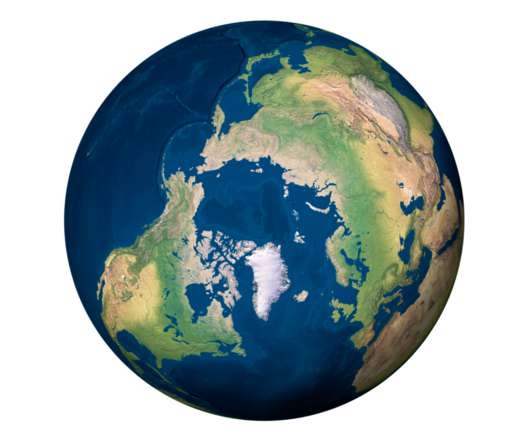Infographic: How will the energy transition affect our homes?
Business Green
JULY 18, 2022
Industry Voice: The buildings in which we live and the energy they consume play a fundamental role in the process of decarbonisation, according to Schroders. From the use of renewables such as solar power to the latest technologies, including heat pumps and smart meters, the homes of the coming decades will need to become net zero.
















Let's personalize your content